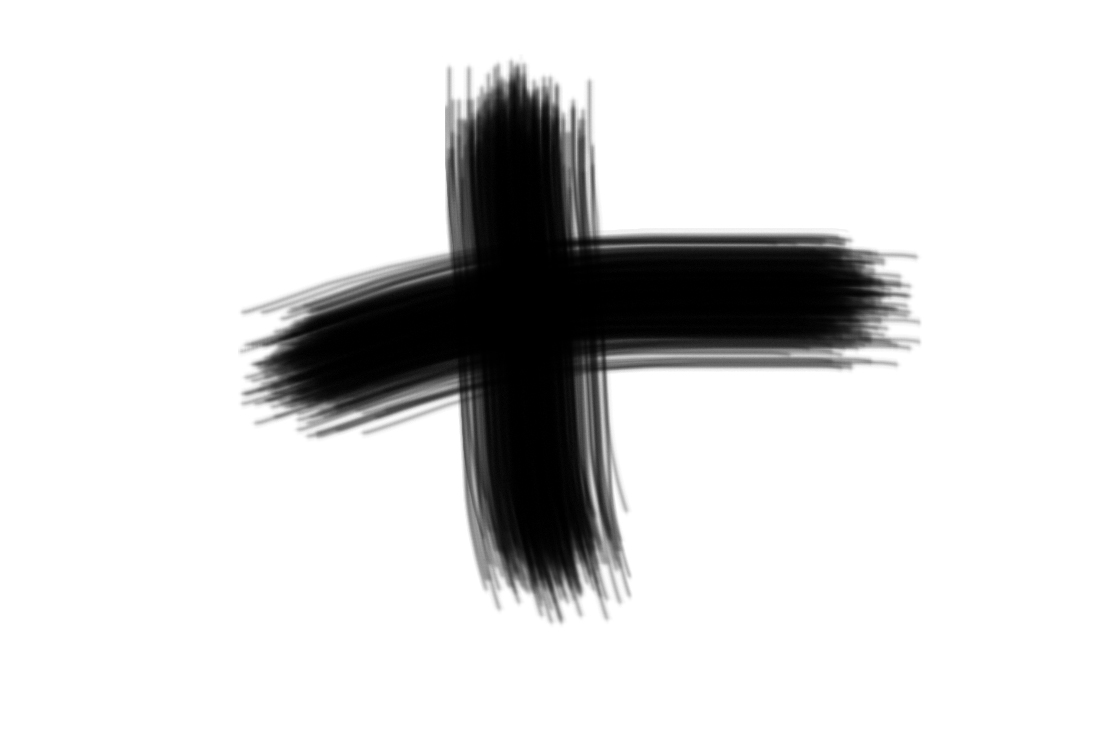
Both mourning and protest come together on Ash Wednesday. For another, bearing ashes might serve as a form of protest-a lament against this world not being the way it's supposed to be. One might be grieving over the suffering or passing of a loved one. On Ash Wednesday, it long has been a tradition in the Church to acknowledge this reality, which can be denied but not avoided, through the imposition of ashes.īiblically, covering oneself with ashes generally served as a sign of mourning. Apart from the animating breath of the Divine which gives us life, all we are, as the song says, is dust in the wind. They symbolize what our visible humanity is ultimately reduced to when we become deceased-when the light within goes out and we are swallowed up by death’s shroud.


Ash Wednesday is the first step in taking this alternative road-of soberly staring into the abyss and pressing into, rather than away from, our mortality.Īshes are all that remains when something has been consumed by fire. The way of the Cross, first walked by Jesus, confronts death rather than looking away from it. There is another way-the way of the Cross. We need not wait for death to make the first move.

And so, we choose not to speak of death until that inevitable moment comes when we are marked by its sting-the grief of loss-and we are forced to walk through the shadow of its valley.Īn invitation to a different orientation exists. Despite being a reality we each will face one day, we live in denial of death. It’s not something we like to talk about. The life I now live in the body, I live by faith in the Son of God, who loved me and gave himself for me." (Galatians 2:19-20)ĭeath. I have been crucified with Christ and I no longer live, but Christ lives in me.

“For through the law, I died to the law so that I might live for God.


 0 kommentar(er)
0 kommentar(er)
